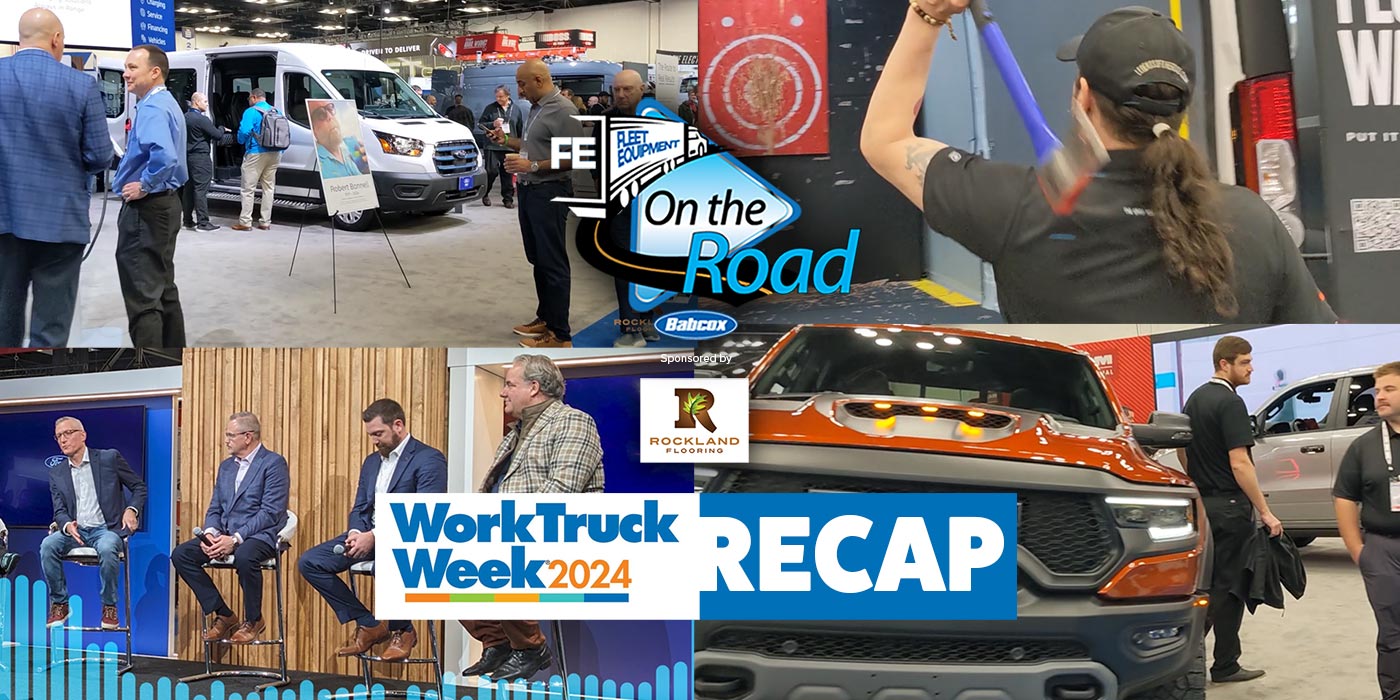Commercial trucks rely on a single crucial point of contact with the road: the tires… Well, if done correctly that is. Therefore, the wheels that support these tires must possess the necessary strength. This importance is underscored by the well-known adage that a stationary truck equates to one not making any money. Additionally, considering the fact that wheels and tires endure constant exposure to elements and debris, their durability becomes even more paramount.
What preventative maintenance tips can help your truck’s wheels continue going round and round? Michael Nowoslawski, OE account manager, Alcoa Wheels, has the answer.
“Whenever you’re replacing tires, we recommend that you replace the valve stem along with the tire as well. So whether that be preventative maintenance or you’re just in a tire rotation program, you’re going to want to replace the valve stem every time you replace a tire. And when you’re doing that, it’s recommended that the threads and that the O-ring of the grommet be lubricated properly as well.
“We also recommend corrosion prevention,” he added. “So cleaning the wheel frequently with high pressure water, ensuring that there’s no grit and grime getting between the tire and the wheel and the mounting flange as well as where the wheel meets the hub of the axle.”
Abrasion and corrosion are two of the most common forms of wheel degradation. Frequently cleaning and inspecting wheel-ends during pre- and post-trip checks ensures that the wheels aren’t exposed to harmful chemicals for extended periods of time.
“We recommend paying close attention, especially if they’re clean. If there’s cracks in the wheels, some time a wheel can malfunction, whether it was weighted down heavier than it was supposed to and it exceeded that maximum capacity. So checking to make sure there’s no cracks in the wheels, making sure that the wheels are torqued on properly so there’s no loose lug nuts—all very basic information. Any visual inspections that you can do walking around; if you see a lug nut loose or something like that, it’s not too difficult to make sure that the wheels are on the vehicle correctly.”
A wheel malfunction could lead to some serious downtime, but more importantly an unsafe situation for anyone in the vicinity. Checking the wheels for any signs of damage can help you correct and mitigate potential issues before they become serious hazards. Any abnormalities should be promptly addressed to prevent wheel failure, loss of control, or accidents.
While the industry commonly offers two different wheel manufacturing options, steel and aluminum, Michael explains that Alcoa Wheels utilizes aluminum within its product line over steel. Why is this and how could it benefit fleet operations down the line?
“You can also see increased brake life just because aluminum dissipates heat a lot better. So it kind of acts as a radiator that pulls that heat away from those wheel end parts, whether it’s brake or hub or what have you. And we’ve seen over the life of vehicles where aluminum versus steel wheels can definitely increase the longevity of those parts. I know in today’s world fuel efficiency is huge on everyone’s mind. So going from, let’s say a steel wheel to aluminum wheel, we’ve seen fleets save anywhere up to 2% just by switching over from a steel wheel over to an aluminum wheel.”
Fleet Equipment’s On The Road is sponsored by Wix Filters. Subscribe to our newsletter to catch every episode as we dive into the best practices and servicing information to keep your trucks On The Road.













